Introducing Atom C2000 'Avoton': Intel Builds Server, Storage, Networking Partnerships
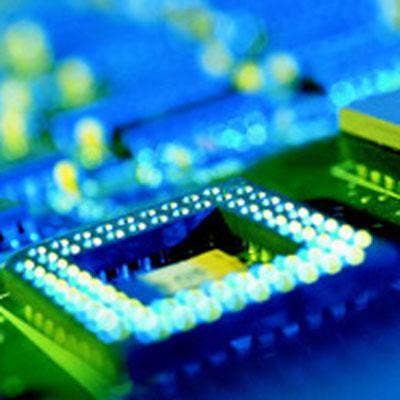
Intel last week unveiled its new 64-bit Atom C2000 family, a line of quad-core processors the company said has six times the energy efficiency and seven times the performance of its predecessor, the Atom C1200 "Centerton."
The new Atom C2000 processors, built using Intel's 22nm process, come in two flavors. The "Avoton" version is targeted at builders of low-power, highly dense servers, and as such competes against the ARM processors. The "Rangeley" version is aimed at networking devices that can be optimized to run lightweight workloads, such as dedicated hosting, distributed memory caching and static web serving.
The new Intel Atom C2000 processors are expected to be upgraded in 2014 using Intel's 14nm manufacturing process.
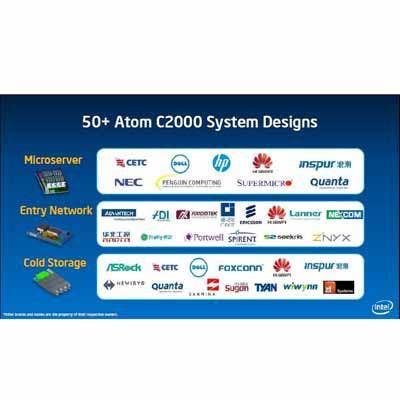
Intel also unveiled about 50 partners in the server, networking and "cold storage," or low-cost, high-capacity storage industries using the new Atom C2000 processors.
While many of these partners are lesser-known companies focused more on building solutions for large OEM partners or for their own web-scale operations, others such as Dell and Hewlett-Packard are longtime, well-known Intel partners.
CRN managed to get details and images from several of Intel's better-known partners, some of which have not been published elsewhere.
So turn the page for a first look at some of the new Atom C2000-based server, storage and networking solutions.
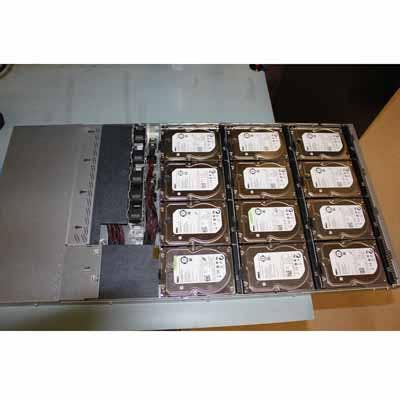
Dell introduced the DCS1300, a high-density, rack-mount storage solution, which uses one Avoton-based System-on-Chip in one node to control the storage capacity of that node plus three other storage-only nodes. The goal, according to Dell, is to provide mass storage capacity at the lowest possible cost per GB.
The Dell DCS1300 can be used to configure up to 1,920 TBs of storage per rack at a cost of under 10 cents per GB. It is targeted at Dell's hyperscale computing customers.
Samples of the Dell DCS1300 are slated to ship soon, with full production slated for early next year.
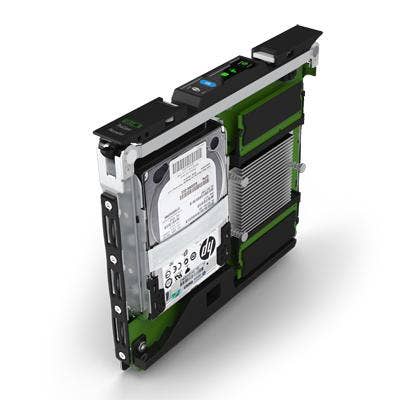
Hewlett-Packard unveiled a new server cartridge for its Moonshot high-density server line based on Intel's new Atom Avoton 8-core processor, offering customers the opportunity to build a rack of servers with 3,600 cores of compute power.
The new HP ProLiant m300 server cartridge for the HP Moonshot server features an Atom Avoton processor with eight cores running at 2.4GHz, one hard drive with capacity of up to 1 TB, and 32 GBs of memory. Up to 45 cartridges can fit into a single HP Moonshot server chassis to form a complete system, each with up to 360 cores, 1.4 TBs of memory and 45 TBs of storage.
The new Atom Avoton-based cartridges are targeted at front-end web applications as well as Memcached tiers for caching in front-end web applications, hosting applications, and SQL and NoSQL big data applications. Shipment is scheduled to start once Intel starts shipping the Avotons.
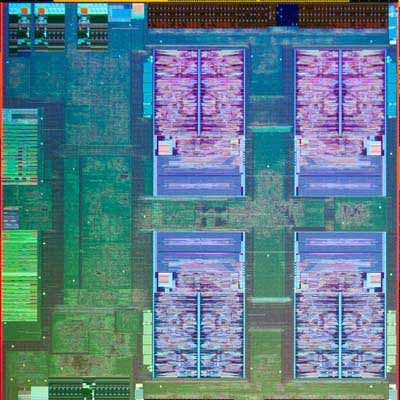
Penguin Computing, Fremont, Calif., demonstrated a new microserver platform based on the Intel Atom processor C2000 product family built to the Open Compute Project's microserver card specification.
The new microserver platform, slated to ship early next year, is targeted at I/O-bound scale-out workloads, such as low-end web hosting, simple content delivery and ultra low-end web servers. It features a modular architecture that allows for right-sizing compute capacity by populating each chassis with the right number of microserver cards required to accommodate a specific workload.
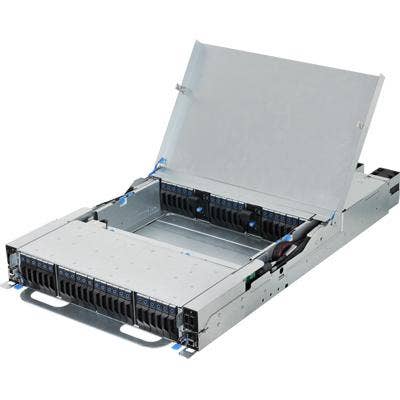
Fremont, Calif.-based Quanta QCT unveiled the S1M, an ultra-dense microserver platform that can be configured with up to 42 Intel Atom C2000-based nodes per server.
The S1M microserver system features Quanta's “Hidden-Shelf” chassis design, which places 24 server sleds in a row in the front of the chassis and 18 in the hidden shelf behind the first row, making it easy to access and service the nodes from the cold aisle.
They also feature the OCP (Open Compute Project) Open Rack form factor for improved energy savings, thermal efficiency, density and serviceability in hyperscale and other cloud-ready data centers.
Also included is the 1+1 redundant hot-swappable Intel Ethernet Switch FM5224 to aggregate all networking traffic among the 42 server nodes and provide two 40-Gbps. Ethernet connections.
Mass production of the S1M is targeted for the first quarter of 2014.
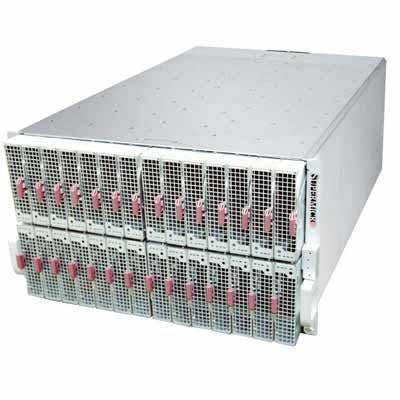
Supermicro, San Jose, Calif., introduced a new extreme-density server platform targeting hyperscale data center and cloud environments based on the Avoton Intel Atom Processor C2000. The company's new MicroBlade is a 6U microserver featuring 112 8-Core Intel Avoton-based servers in 28 front-access, hot-swap blades.
Each blade includes four nodes, each with one Avoton processor, space for a SATA hard drive or SSD and two DDR3 DIMM slots. Compute and storage are integrated in the individual blades, with shared networking, power and cooling located at the rear of the system.
The MicroBlade enclosure includes 95 percent efficient digital switching power supplies, optimized airflow with redundant energy-efficient cooling fans, an integrated chassis management module (CMM), and up to four Intel Ethernet Switch FM5224 with 10GbE and 40GbE uplinks.
Supermicro also unveiled Avoton-based embedded servers and motherboards.
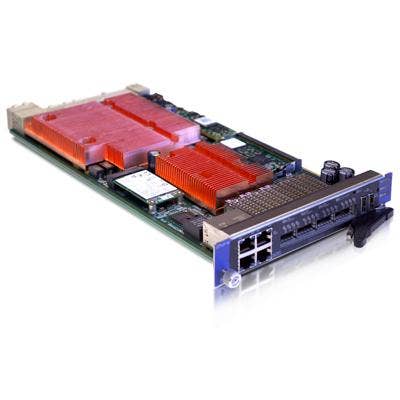
Fremont, Calif.-based ZNYX Networks, which designs server solutions for carrier-grade and mission-critical environments, unveiled its ZNYX ZX2040 AdvancedTCA (ATCA) hub switch with integrated shelf manager based on the eight-core Intel Atom processor C2000. The ZX2040 was designed to work with the ZNYX Ultra5 ZX2000 5U ATCA blade server platform to enable it to be upgraded from a 10-Gbit fabric connection to a 40-Gbit solution.
ZNYX takes advantage of the Atom C2000 processor's virtualization technologies to enable customers to run their applications directly on the ATCA switch, thereby freeing resources for revenue-producing operations.
Based on the Ultra5 ZX2000 blade server platform, the ZX2040 features four QSFP 40-Gbit ports for external connections to the system, 8 GBs of DDR3 ECC memory, an on-board mSATA connector and the Broadcom Trident Plus 480G switch fabric.